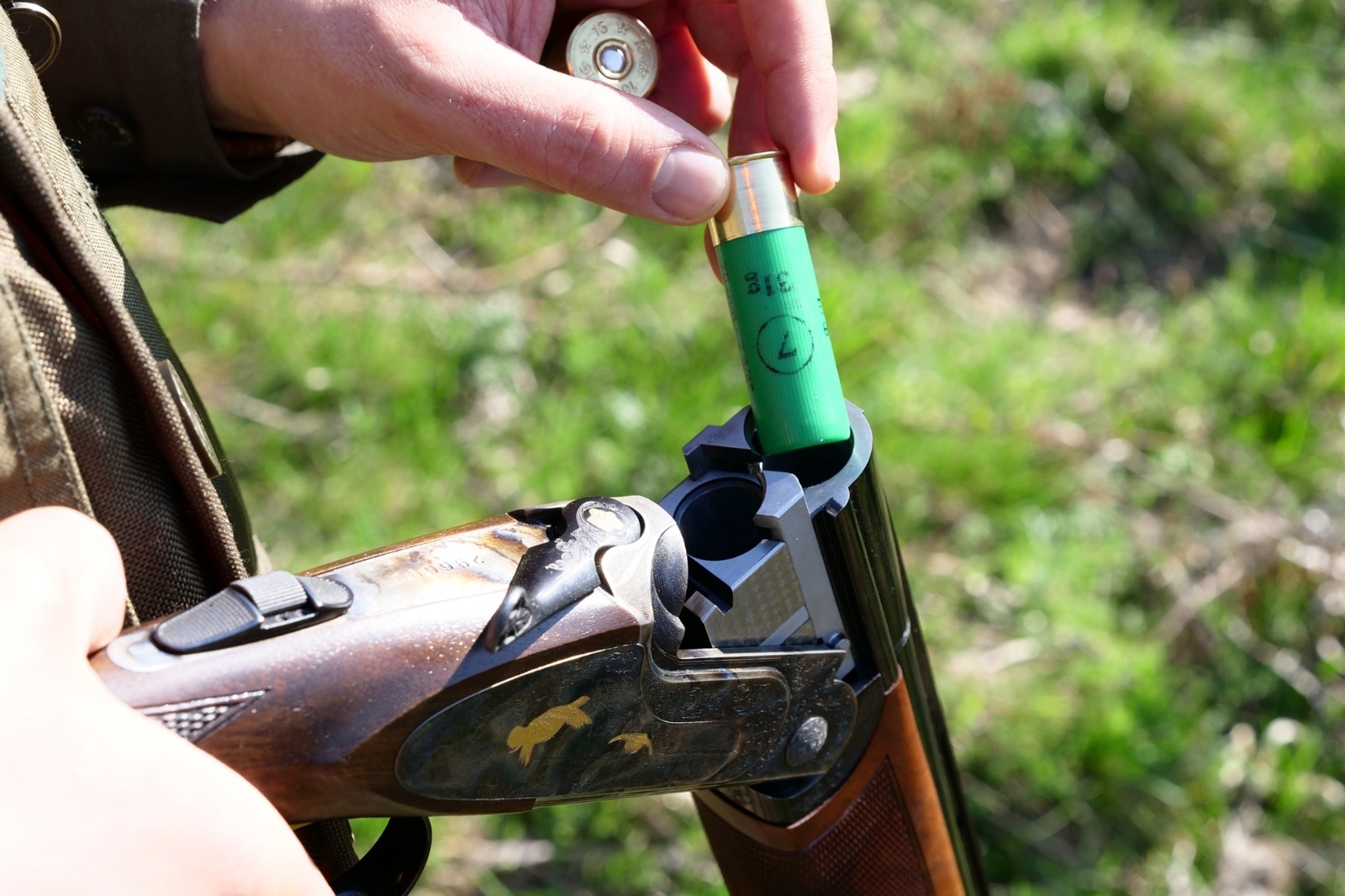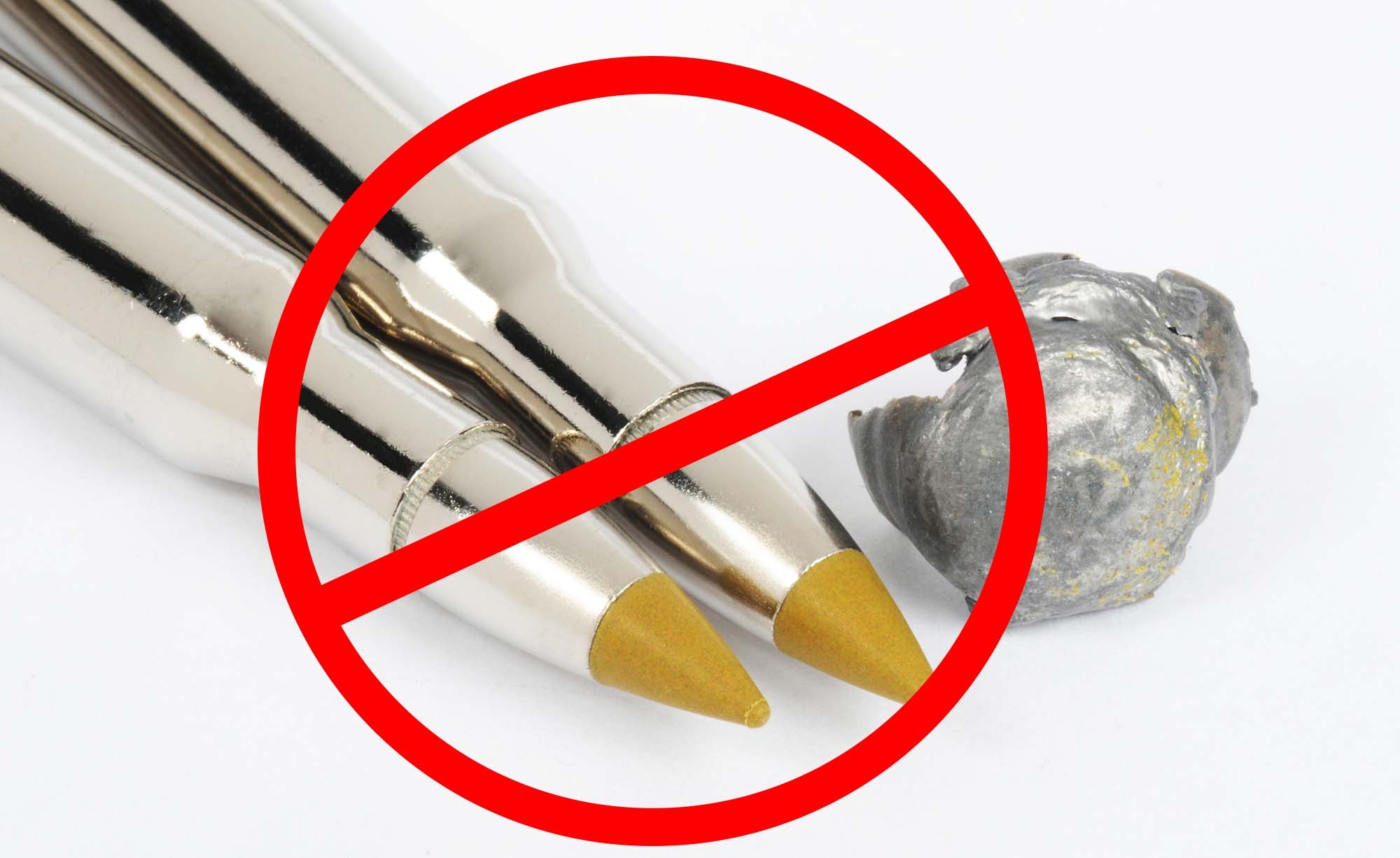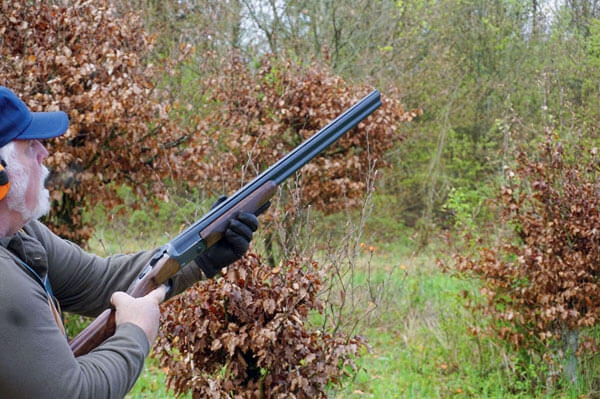Well, let's start from the conclusion: the good news is that all this fully confirms what some suspected and others already knew – the ultimate goal of the European Union is to promote “public safety” through an ideologically driven anti-gun agenda. The bad news is that any European country who doesn't want to accept this ideology will have to succumb.
The Court of Justice of the European Union has in fact rejected the lawsuit of the Czech Republic against the 2017 EU directive restricting firearms possession and use, the so-called “EU Gun-ban”. In March 2017 the European Parliament in Strasbourg had voted in favor of changing the European Directive 477 from 1991 (EU firearms directive) introducing further restrictions for legal firearms owners, in particular imposing stricter rules on “the most dangerous, deactivated and semi-automatic firearms”.
Let’s ask a simple question: Are legal firearms the “origin of terrorism”?
The EU pretext for the initial anti-gun policy was to “fight against international terrorism and serious crime and the maintenance of public security” , despite the fact that no terror attack in Europe was ever perpetrated with legally owned/acquired firearms (let alone with “deactivated” ones) and the great overwhelming majority of firearms used by criminals come from the illegal/black market.

With some of the most liberal gun laws in Europe and about 800,000 legally held firearms in a population of just 10 million, the Czech Republic had denounced breaches of the principles of conferral of powers, proportionality, legal certainty, protection of legitimate expectations or non-discrimination. As Milan Chovanec, the Czech Interior Minister, put it, “such a massive punishment of decent arms holders is unacceptable because banning legally-held weapons has no connection with the fight against terrorism.” Among other things, the Czechs also contested that the new restrictions were based on faulty studies and no “impact assessment” had been carried out before adopting the directive.
The Czech Republic was supported in its current lawsuit by Hungary and Poland, while the European Parliament and the Council were supported by France and the European Commission.
The EU knows what’s good for us...
The European Court of Justice has dismissed the action of the Czech Republic against the directive reinforcing control of the acquisition and possession of firearms, holding that “the EU legislature did not exceed the margin of discretion conferred on it" and that "the measures criticized did not appear manifestly inappropriate in relation to the objectives of ensuring public safety and security for EU citizens and facilitating the functioning of the internal market in firearms for civilian use”.
As for the impact assessment, they say that “not carrying out an impact assessment cannot be regarded as a breach of the principle of proportionality where the EU legislature is in a particular situation requiring it to be dispensed with”. It sounds like: You Will be Assimilated. Resistance is Futile, doesn't it?
The judgment with which the European Court of Justice strikes down the Czech lawsuit is no surprise, really. The Court is just part of the same mechanism: this is basically the EU agreeing with itself. Consequences, on the contrary, are a bit more upsetting.
It means that the EU claims the right to pass whatever gun law – or let’s better call it gun ban – it wants and member countries can only obey. Because the EU knows what's good for us...
This Orwellian delirium is all the more worrying since the EU is currently going ahead with other blatantly anti-gun actions such as the “lead ban ” and in the forthcoming months other measures are envisaged. They don't care about data, studies or common sense. They just want to take away our legally-held firearms – a little at a time, anywhere, anytime, by any means. To say it loud and clear, it’s a political act, not a legal one.
The writing is on the wall: this the final wake-up call for the European gun community on gun laws and on lead in ammunition.
You can read the full text of the judgment here .
12.05.2019









